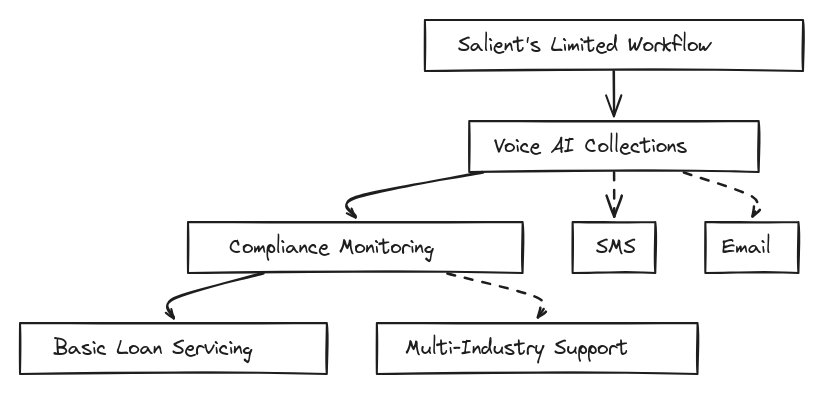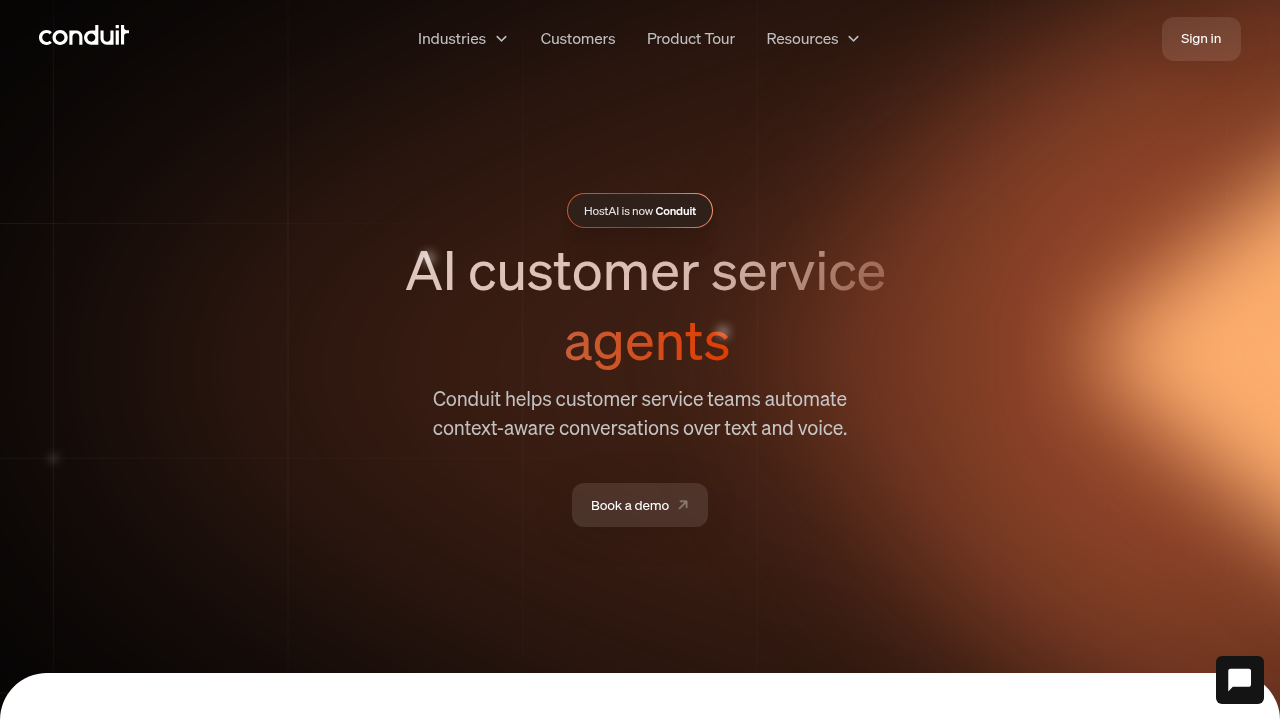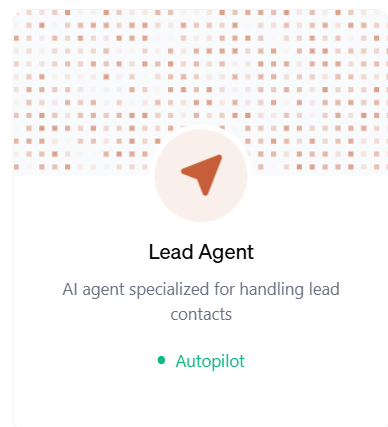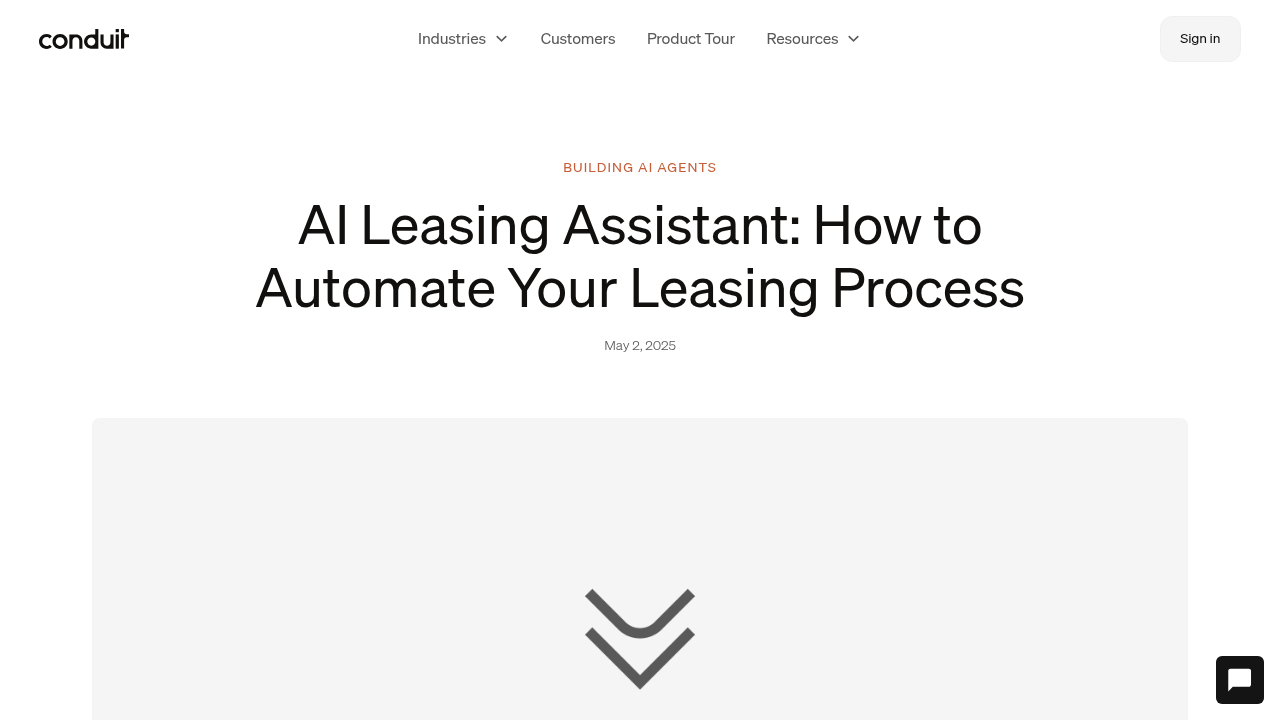Conduit versus Salient: Which is the better AI platform?

Both Salient and Conduit can handle basic voice automation for loan collections and customer service calls. But when your business needs to scale beyond simple phone interactions, the platforms take very different approaches to advanced conversational AI. The real differences show up when you're dealing with complex workflows, multiple communication channels, or customers who prefer texting over calling. Here's my take on which platform actually delivers the flexibility and growth potential that modern lending operations require.
TLDR:
- Salient focuses exclusively on voice AI for loan servicing and collections in consumer finance
- Conduit offers multi-channel conversational AI (voice, text, email, chat) with strong workflow automation across industries
- Salient requires multiple integrations to build complete business workflows, while Conduit provides unified platform features
- Conduit serves financial services, property management, home services, and more versus Salient's single-industry focus
- Modern businesses need complete conversational AI solutions that scale beyond narrow use cases
What Salient Does and Their Approach
Salient positions itself as a generative AI platform designed for loan servicing in the consumer finance sector. Founded in 2023, they've built their entire approach around overhauling outdated loan servicing operations, particularly in auto lending.
Their technology focuses on improving collections, compliance monitoring, and customer communication for lenders who still rely on manual processes and fragmented systems. Many of these lenders are dealing with legacy infrastructure that makes modern customer service nearly impossible.
Salient's platform focuses on three key modules. Their AI Agent Platform handles automated customer interactions primarily through voice channels. The Compliance Monitoring Suite tracks regulatory requirements and makes sure conversations meet industry standards. Finally, their Servicing Automation Platform manages basic workflow processes related to loan management.
The company targets lenders struggling with outdated systems and positions regulatory compliance as their primary value proposition. This makes sense given the heavily controlled nature of consumer finance, but it also reveals the narrow scope of their solution.
Salient's approach works well for lenders who only need voice automation for collections, but falls short for businesses requiring complete customer communication strategies.
For businesses in the loan servicing industry, this specialized focus might seem appealing initially. But the limitations become clear when you need to scale beyond basic collections calls.

What Conduit Does and Our Approach
Conduit takes a fundamentally different approach to conversational AI. Instead of focusing on a single industry or communication channel, we've built a complete platform that combines multi-channel communication with powerful workflow automation.
We help customer service teams automate context-aware conversations across voice, text, email, WhatsApp, chat, and more. This is about meeting customers where they actually want to communicate.
Our platform allows automation for the most complex, high-volume conversational workflows. Unlike Salient's narrow focus, Conduit pairs conversational AI with your business context and all the integrations you need to run a modern operation.
The key difference is versatility. While Salient built a tool for one specific use case, we created a platform that adapts to your business needs. Whether you're in financial services, property management, or home services, Conduit's AI agents understand your industry context and customer expectations.
We've seen businesses struggle with point solutions that solve one problem but create integration nightmares. That's why Conduit combines the conversational AI features with workflow builders that actually work in production environments.

Platform Comparison: Voice Only vs Multi-Channel Communication
The architectural differences between Salient and Conduit reveal fundamentally different philosophies about customer communication. Salient focuses primarily on voice interactions for loan servicing, which limits how customers can engage with your business.
Conduit's AI agents interact through voice, text, email, and web chat to collect payments, process due date changes and extensions, manage payoffs, and update insurance information - all in real time. This multi-channel approach reflects how customers actually communicate today.
Think about your own preferences. Sometimes you want to make a quick call, but other times you'd rather send a text or email. Salient's voice-centric approach forces customers into a single communication mode, regardless of their preferences or the complexity of their issue.
Modern businesses need unified communication across all channels, beyond voice automation for specific use cases. When you're limited to voice-only interactions, you're telling customers they have to communicate on your terms, not theirs.
The best conversational AI platforms understand that customer preferences vary by situation, demographics, and urgency. A complete approach wins every time.
Workflow Automation vs Point Solutions
Here's where the differences between Salient and Conduit become really apparent. Salient provides specialized tools for loan servicing compliance and collections, but building complete business workflows requires multiple integrations and major technical expertise.
Conduit manages multi-step, complex automations across your systems and stack. Instead of cobbling together different tools, you get a unified platform that handles the full range of customer interactions and business processes.
Salient's approach means you'll need separate solutions for different aspects of your operation. Want to send follow-up emails after collections calls? You'll need another integration. Need to update your CRM based on conversation outcomes? That's another tool to manage.
We've seen this pattern repeatedly with specialized point solutions. They solve the immediate problem but create complexity that costs more time and money than the original issue.
Conduit's workflow automation handles these scenarios natively. Our AI agents handle conversations and trigger actions, update systems and create tasks. They manage complex business processes without requiring you to become a systems integrator.
The reality is that businesses need more than compliance monitoring or collections automation. They need platforms that understand how customer conversations connect to broader business operations. That's exactly what separates complete solutions from Zapier alternatives that actually work.

Industry Scope: Financial Services Only vs Cross-Industry
Salient's narrow focus on consumer finance and auto lending creates both advantages and major limitations. While they understand the specific compliance requirements and use cases in loan servicing, this specialization restricts scalability and growth opportunities.
Salient is designed primarily for consumer finance and auto lending industries, which means their AI agents are trained on a relatively narrow set of scenarios. If your business expands into related services or you operate across multiple industries, you'll quickly outgrow their features.
Conduit's success across real estate, financial services, home services, and other industries shows the value of cross-industry expertise. Our AI agent-building infrastructure is capable of handling diverse use cases and can adapt to different business contexts without requiring separate platforms.
Consider the practical implications. A financial services company using Salient for loan servicing would need completely different solutions for other customer service needs. Insurance inquiries, account management, general support: none of these fit Salient's narrow focus.
With Conduit, the same platform that handles collections calls can manage insurance updates, process account changes, schedule appointments, and handle complex multi-step workflows. This unified approach reduces complexity and provides better customer experiences.
The loan servicing industry is evolving rapidly, and businesses benefit from platforms that understand diverse use cases rather than single-industry solutions. Flexibility matters when you're planning for growth.
Conduit as the Better Choice for Modern Businesses
When you step back and look at the complete picture, Conduit solves the key limitations we've identified in Salient's approach: channel restrictions, industry limitations, and workflow gaps.
Conduit turns conversations into an engine for conversions, revenue, and cost savings. We allow operators across real estate, financial services, and other industries to build and deploy AI agents that perform better than your best employees.
Our competitive advantages go beyond having more features. The unified multi-channel approach means customers can communicate however they prefer. Cross-industry expertise means our AI agents understand context and nuance across different business scenarios.
Most importantly, integrated workflow automation means conversations actually drive business outcomes. When a customer calls about a payment extension, Conduit handles the conversation and updates your loan management system, schedules follow-up reminders, and triggers any necessary compliance documentation.
This complete approach delivers better ROI because you're handling complete business needs rather than single use cases. Instead of managing multiple point solutions, you get a platform that grows with your business.
The difference becomes obvious when you consider total cost of ownership. Salient might seem less expensive initially, but the hidden costs of integrations, additional tools, and complex processes add up quickly. Conduit's unified approach actually reduces overall technology spend while improving customer experiences.
For businesses serious about scaling their conversational AI work, the choice is clear. You need a platform built for growth, one that doesn't lock you into narrow use cases. Check out how this applies to specific scenarios like AI leasing assistants to see the difference in action.

How to Decide the Best AI Platform for Your Business
Choosing between Salient and Conduit comes down to understanding your specific needs and growth plans. Here's a framework to help you decide which platform makes sense for your business.
Communication Channel Requirements: Do you need more than voice automation? If your customers prefer texting, emailing, or using chat, Salient's voice-only approach will frustrate them. Conduit's multi-channel features let you meet customers where they are.
Workflow Complexity: Are you planning to scale beyond basic collections or compliance monitoring? Simple use cases might work with Salient initially, but complex business processes require integrated workflow automation that only full-featured platforms provide.
Industry Flexibility: Will your business expand into related services or operate across multiple verticals? Salient's narrow focus on consumer finance limits your options, while Conduit adapts to different industries and use cases.
Integration Requirements: How many systems need to connect with your conversational AI platform? Point solutions like Salient require extensive integration work, while Conduit's unified approach reduces technical complexity.
For most businesses, these questions reveal why Conduit is the better choice. You're buying a tool that grows with your business and adapts to future needs.
The top AI tools show this principle perfectly. Businesses need solutions that handle diverse scenarios, not narrow point solutions that solve one problem while creating others.
Frequently Asked Questions
What's the main difference between Salient and Conduit?
Salient focuses exclusively on voice AI for loan servicing and collections in consumer finance, while Conduit provides multi-channel conversational AI with workflow automation across multiple industries.
Can Salient handle text and email communications?
No, Salient is primarily designed for voice interactions. Conduit handles voice, text, email, chat, WhatsApp, and other communication channels through a unified platform.
Which platform is better for businesses outside of financial services?
Conduit is designed for cross-industry use including real estate, home services, and financial services. Salient is built for consumer finance and auto lending, making it unsuitable for other industries.
Do I need technical expertise to implement these platforms?
Salient requires major integration work to connect with other business systems and build complete workflows. Conduit's unified platform reduces technical complexity and integration requirements.
Which platform offers better ROI for growing businesses?
Conduit typically provides better ROI because it handles complete business needs rather than single use cases, reducing the need for multiple point solutions and complex integrations.
Final thoughts on choosing the right conversational AI platform
You can move beyond basic voice-only solutions and build complete customer communication strategies that turly scale. Conduit's multi-channel approach changes how businesses handle customer interactions across every touchpoint. Our unified platform combines voice, SMS, and workflow automation in one unified platform. Don't just implement AI into one channel. Deploy it to all.
_.png)


.svg)
